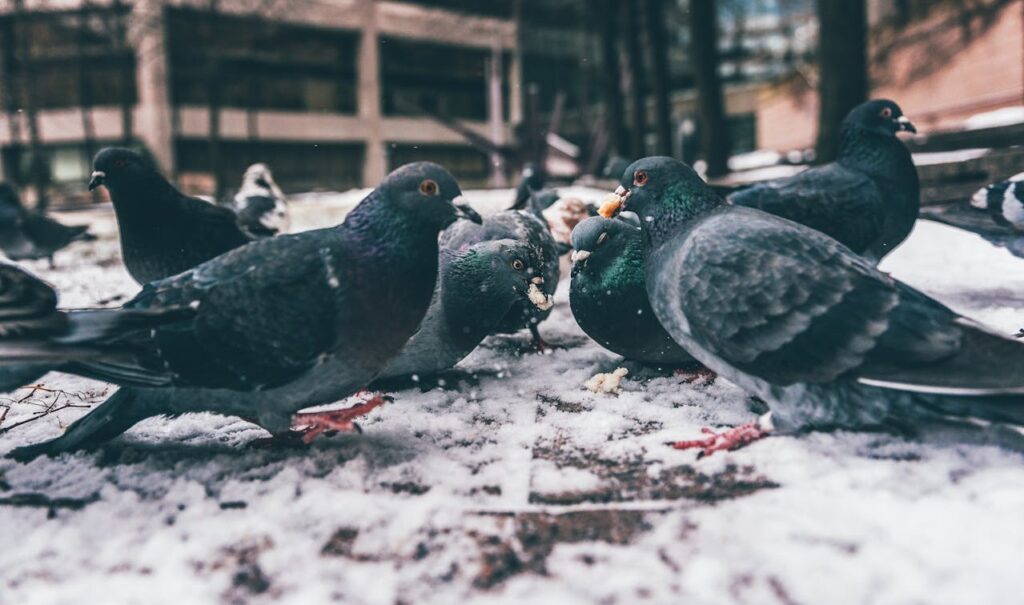Pigeon lovers around the world have cherished pigeon breeding for centuries, enjoying the companionship and beauty of these birds. However, pigeons, like other animals, can suffer from various diseases that affect their health. This article describes common pigeon diseases, symptoms, prevention, and treatment options.
Avian paramyxovirus (PMV) in pigeons
Avian paramyxovirus (PMV) is a highly contagious viral disease that affects pigeons and other birds. Symptoms may include difficulty breathing, nervous system problems, diarrhea, and sudden death. PMV spreads rapidly within herds through direct contact and contaminated feces. In this context, prevention includes vaccination, biosecurity measures, and regular monitoring. Treatment includes supportive care.Following the guidance from Pigeon InsiderIt is recommended that all birds be vaccinated annually to prevent the introduction of paramyxovirus into the loft.
Also read: Furry Fun Fact of the Day: Do Pigeons Have Navigation Skills?
Avian pox can affect pigeons
Avian pox is a viral disease characterized by wart-like lesions on the skin, mucous membranes, and respiratory tract of infected birds. Pigeons infected with avian pox may exhibit symptoms such as lesions, difficulty breathing, and loss of appetite. The disease is spread by direct contact, contaminated feed or water, and insect vectors. Preventive measures in this case include hygiene, pest control, and isolation of sick birds. Treatment focuses on supportive care.
Also read: 5 interesting facts about pigeons
Coccidiosis
Coccidiosis is a parasitic disease caused by protozoa. Infected pigeons may experience symptoms such as diarrhea, weight loss, lethargy, and loss of appetite. Coccidiosis is spread through contaminated feces, feed, water, and bedding. Prevention includes maintaining a clean living environment, providing clean water and feed, and deworming. Treatment includes anticoccidial drugs.
Trichomoniasis in pigeons
Trichomoniasis, or ulcers, is a protozoal infection that causes symptoms such as lesions, difficulty swallowing, regurgitation, and weight loss. In this case, infection occurs through contaminated food, water, or direct contact. Prevention includes good hygiene, providing clean water, and reducing stress. Treatment includes administration of antiprotozoal drugs and supportive care.
Also read: Can I eat my pet bird?
salmonellosis
Salmonellosis, a bacterial infection, has symptoms such as diarrhea, lethargy, fever, and dehydration. Infection occurs through contaminated feed, water, or direct contact. Preventive measures include good hygiene, providing clean water and feed, and reducing stress. In this case, treatment includes antibiotics and supportive care.
In conclusion, responsible pigeon breeders should understand common diseases, take proactive steps to prevent their spread, and seek prompt veterinary attention. Good hygiene, biosecurity measures and timely treatment are essential to keeping pigeons healthy and thriving.
Click here to read more articles by Dumani Moyo
Artificial intelligence helped edit this article.

